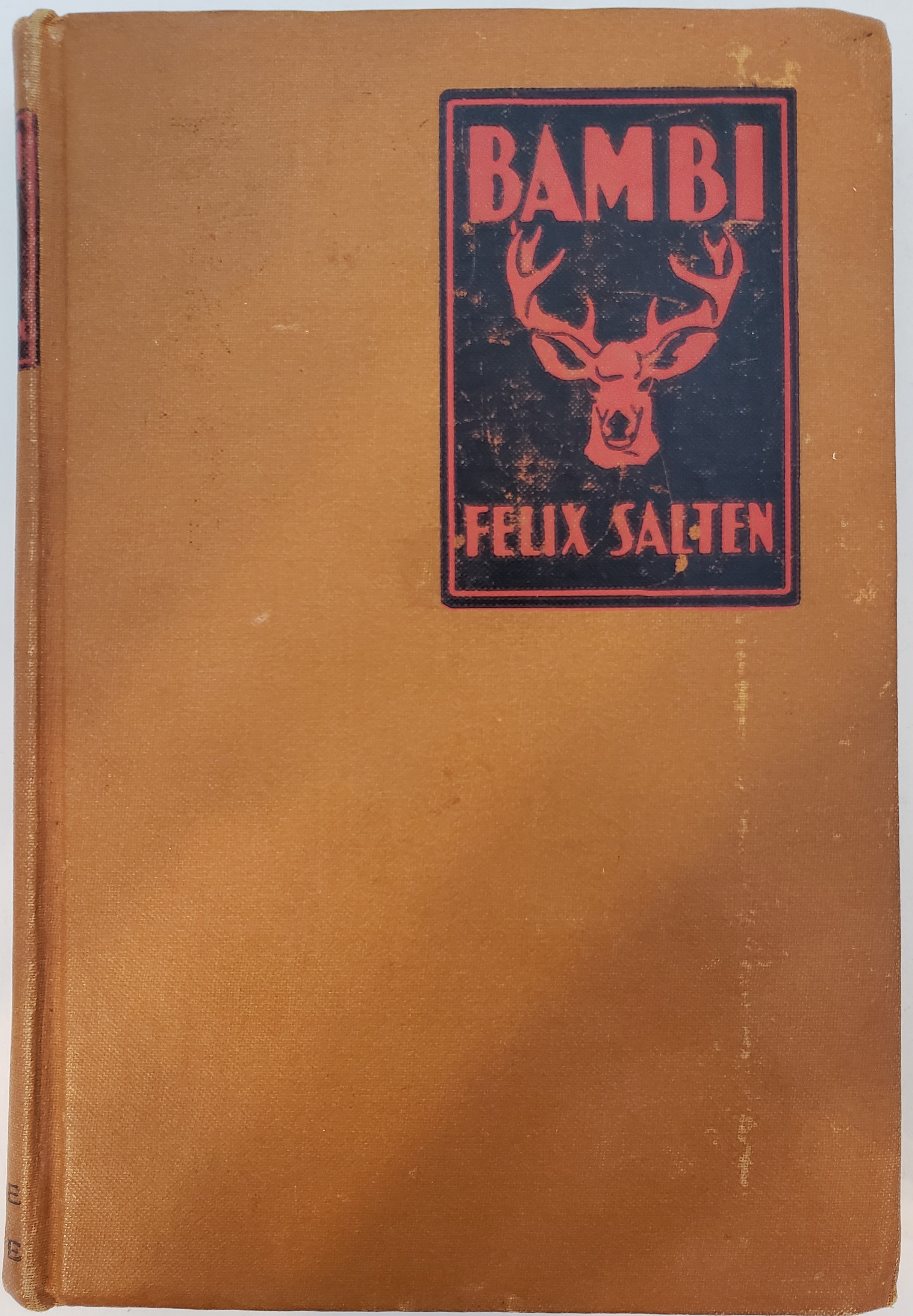

An English translation soon appeared with an introduction by the Nobel Prize winner John Galsworthy and was widely and well reviewed. Felix Salten is a poet.Newly retranslated, this elemental novel about danger, loss, and coming of age in the natural world was the source material for the classic Disney animated film.īambi first came out in Vienna a hundred years ago, the work of Felix Salten, a Viennese litterateur, journalist, and man about town, and was an immediate success with readers.


For delicacy of perception and essential truth I hardly know of any story of animals that can stand beside this life study of a forest deer. Delicious not only for children but for those who are no longer so fortunate. Paul Reitter’s afterword discusses the surprising political readings to which Salten’s fable of the woods was subjected.īambi is a delicious book. In Damion Searls’s new translation the fawn Bambi and his mother, the groves and thickets of the forest, the open and dangerous space of the great field, the ever-present threat of the human-the whole intricate weave of life and death that Salten handles so deftly-all come alive for a new generation of readers. Bambi is certainly a book that children can enjoy, but it is also a moving and lasting contribution to the literature of the natural world. Later Walt Disney made his famous movie of the book, and as a consequence Salten’s intimate, delicate, poetic, and gripping tale of forest life, a book that captures both the calm and the disquiet of the animal world, has come to be thought of as a children’s book.

Translated from the German by Damion Searlsīambi first came out in Vienna a hundred years ago, the work of Felix Salten, a Viennese litterateur, journalist, and man about town, and was an immediate success with readers.


 0 kommentar(er)
0 kommentar(er)
